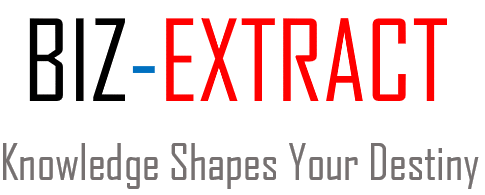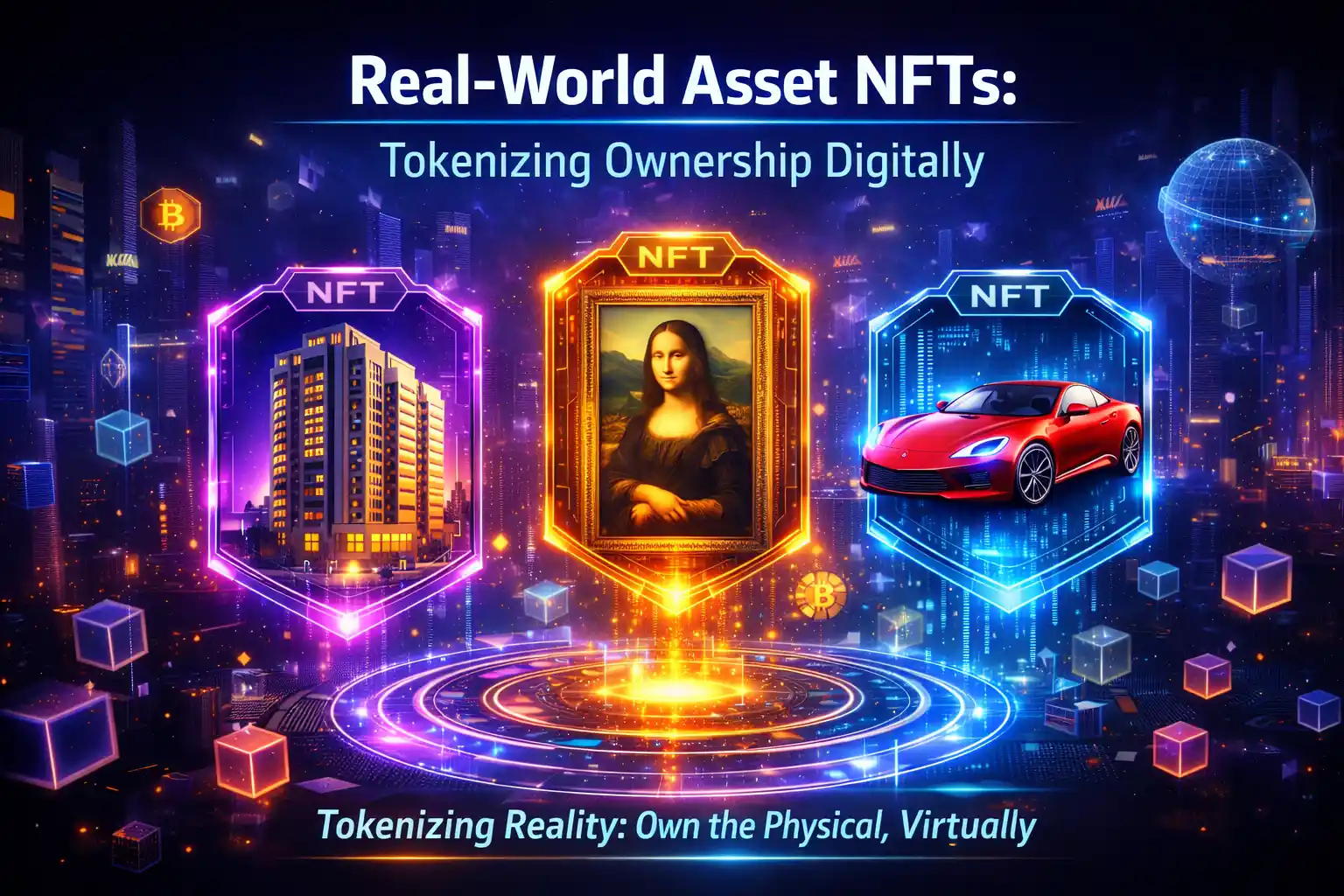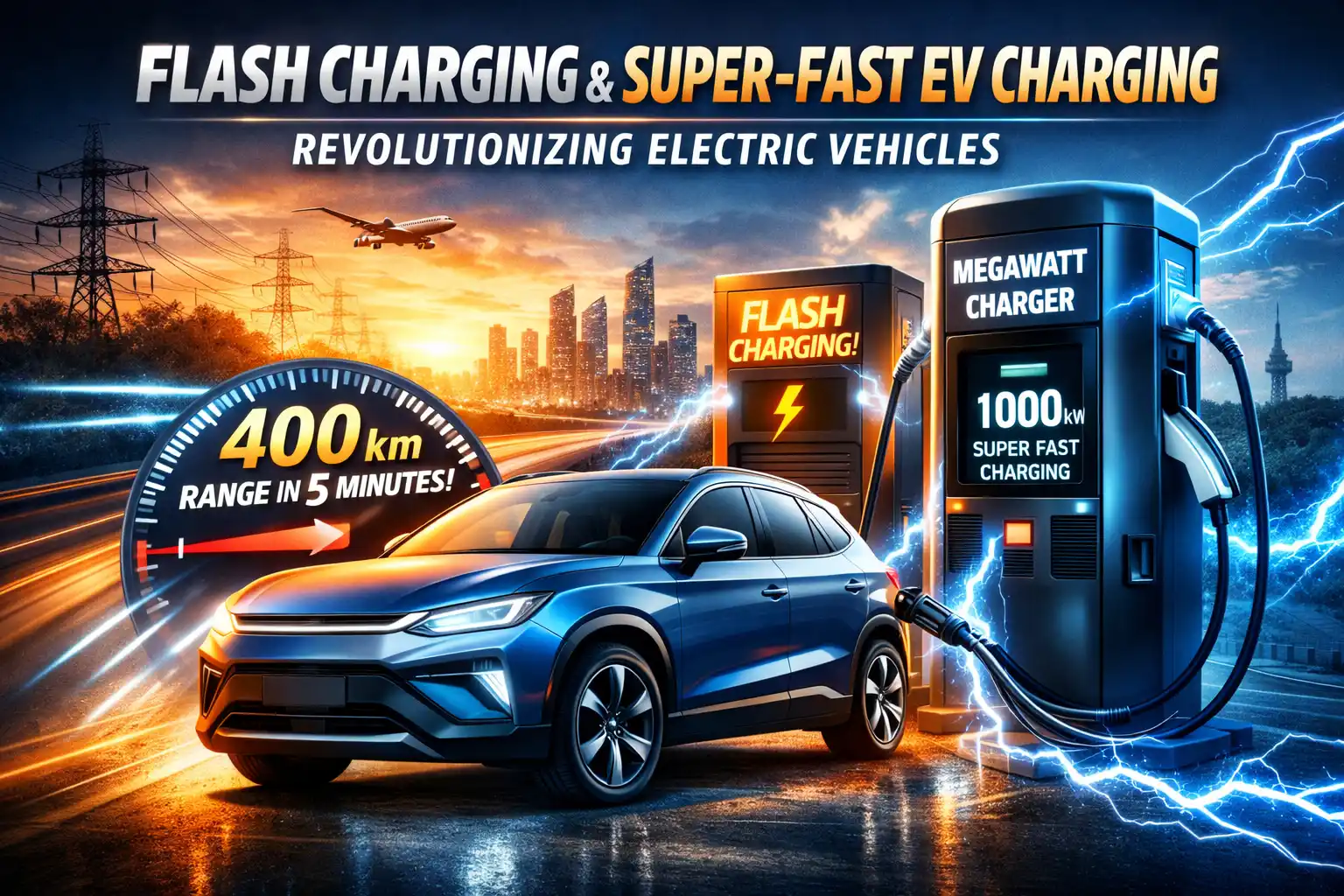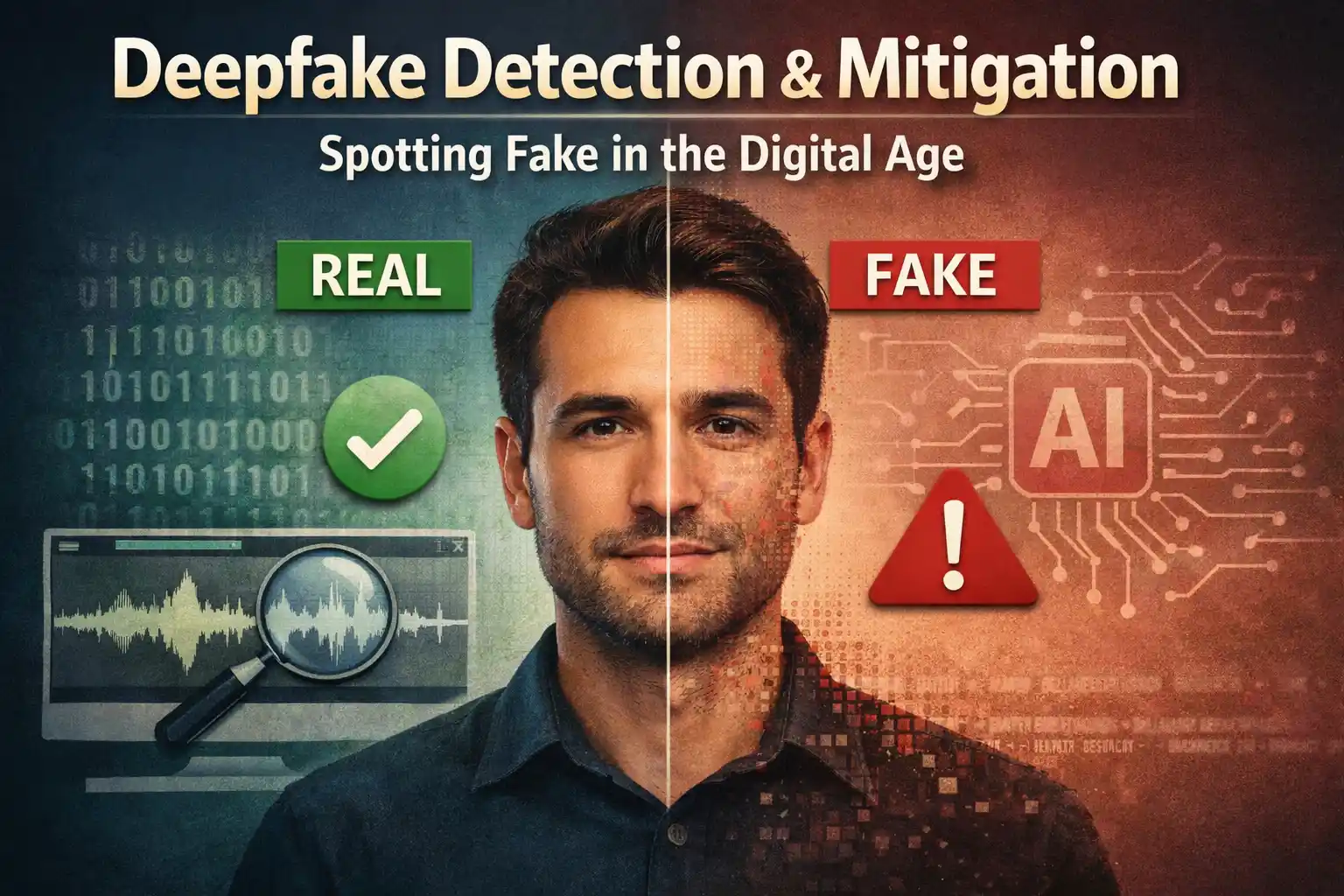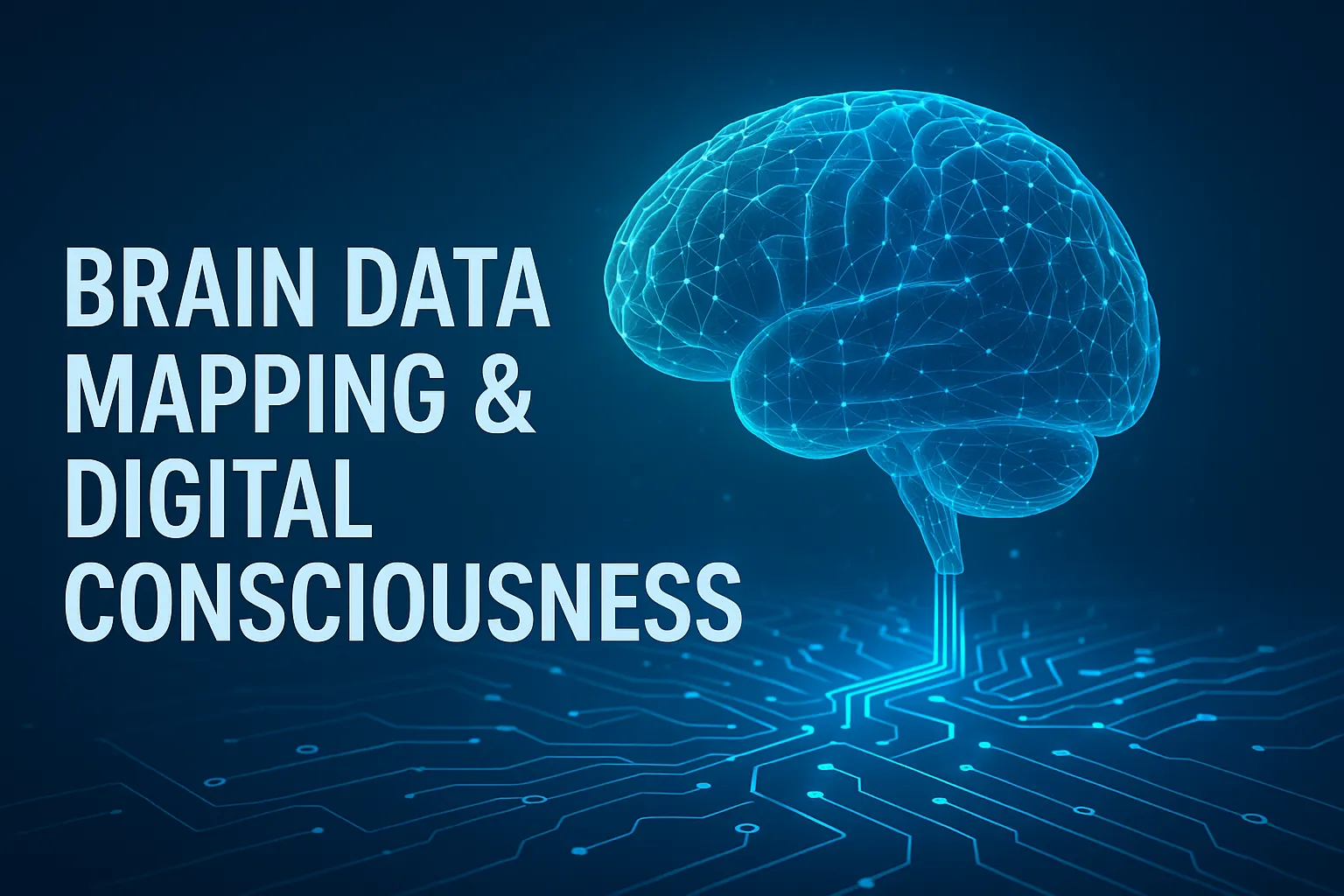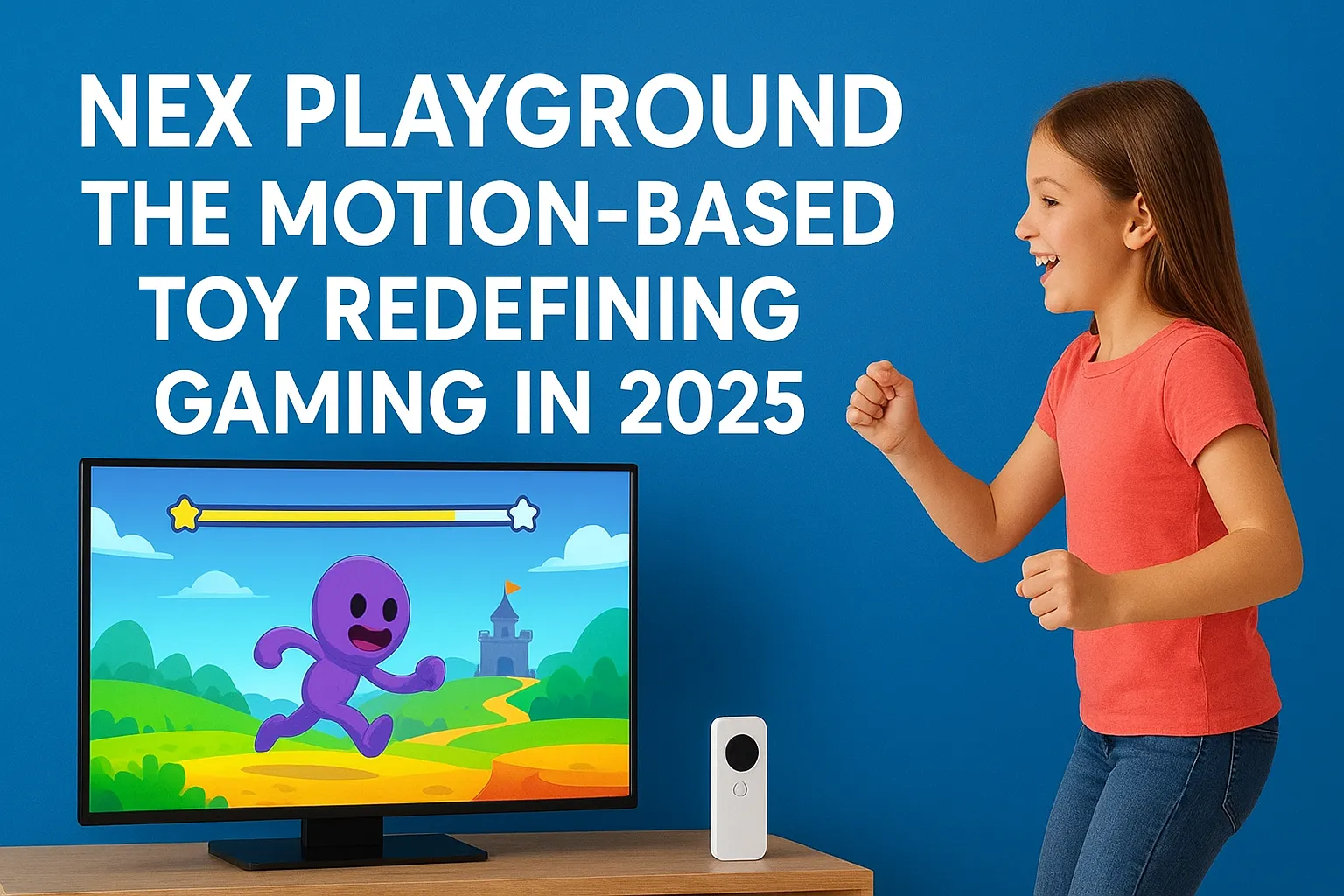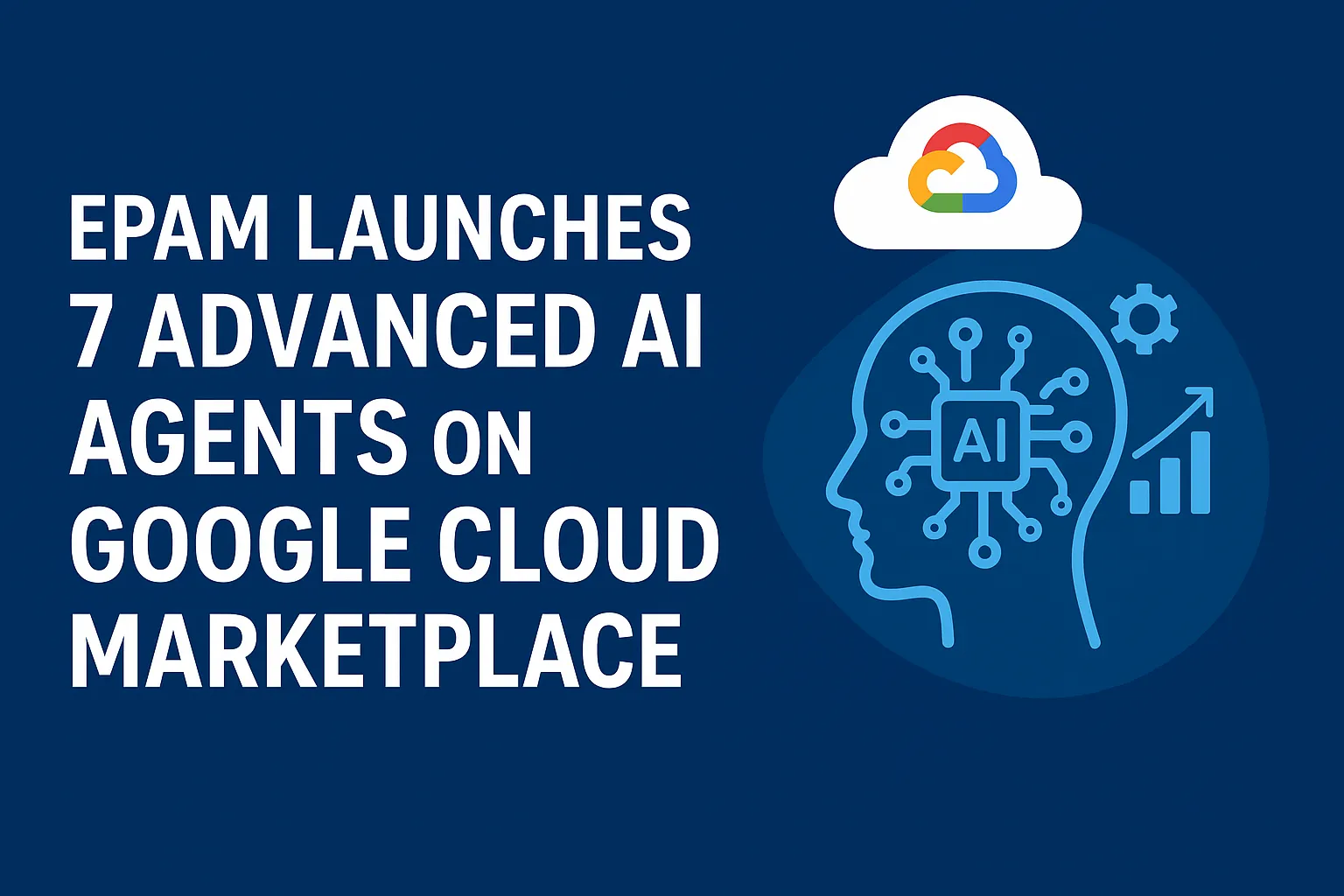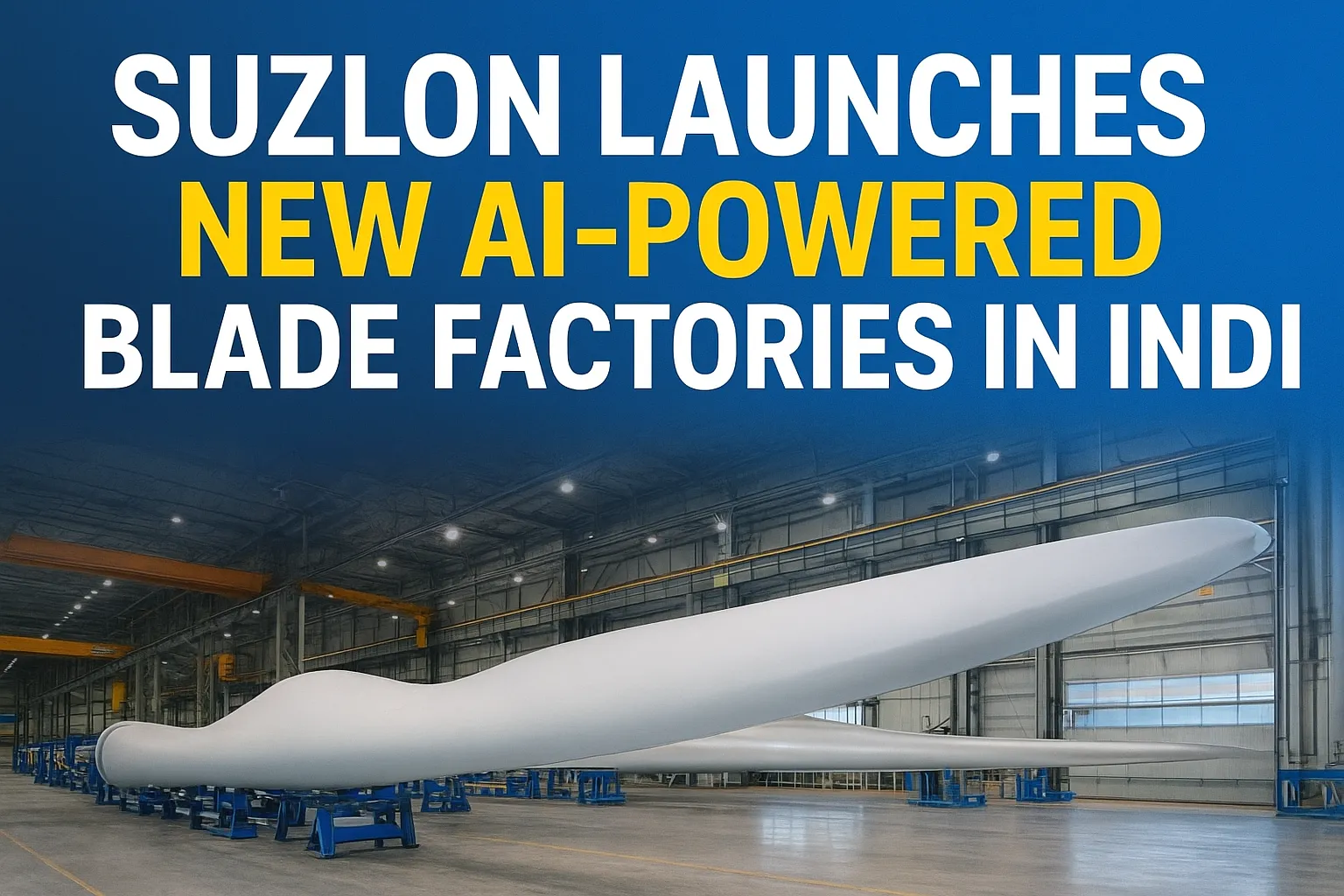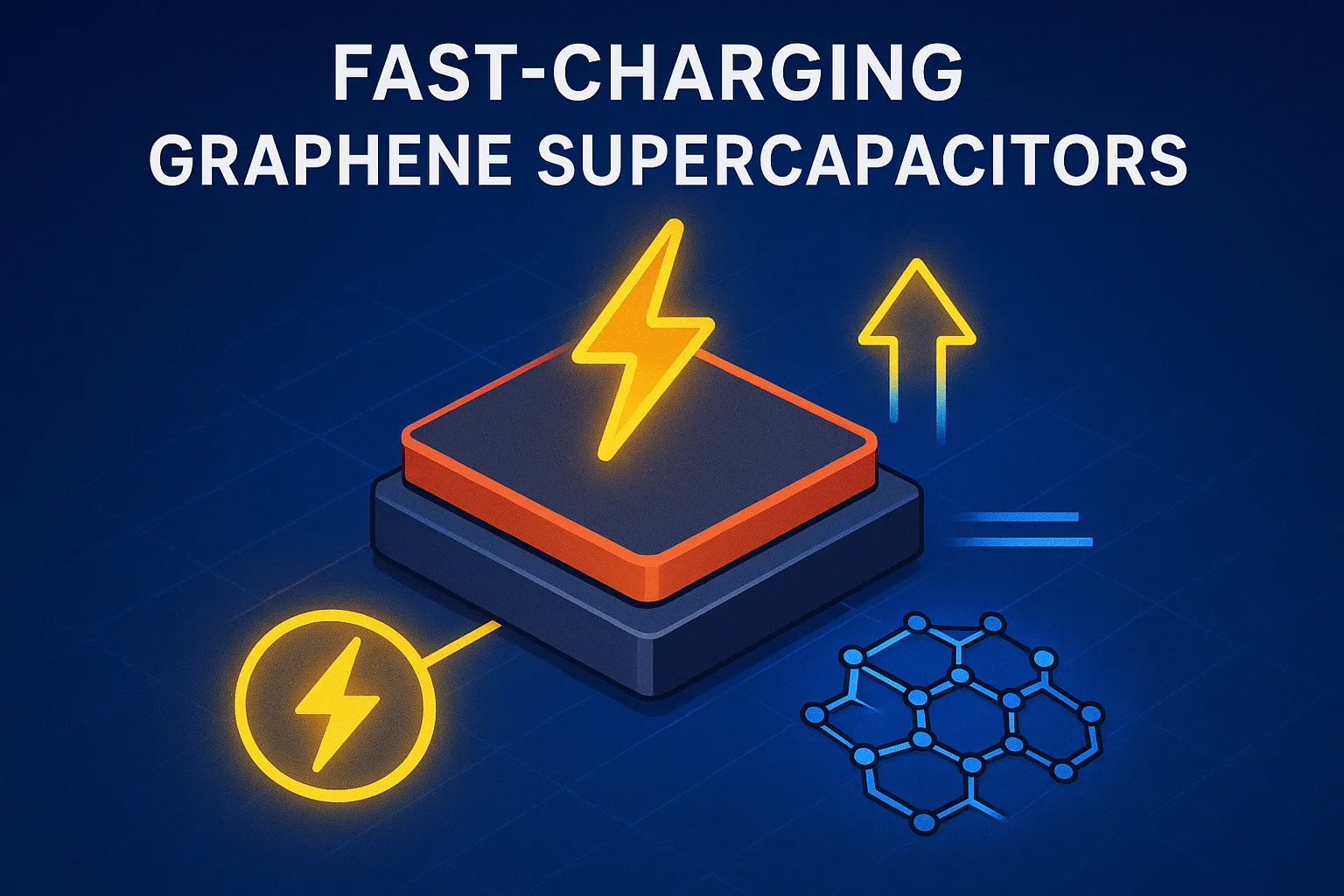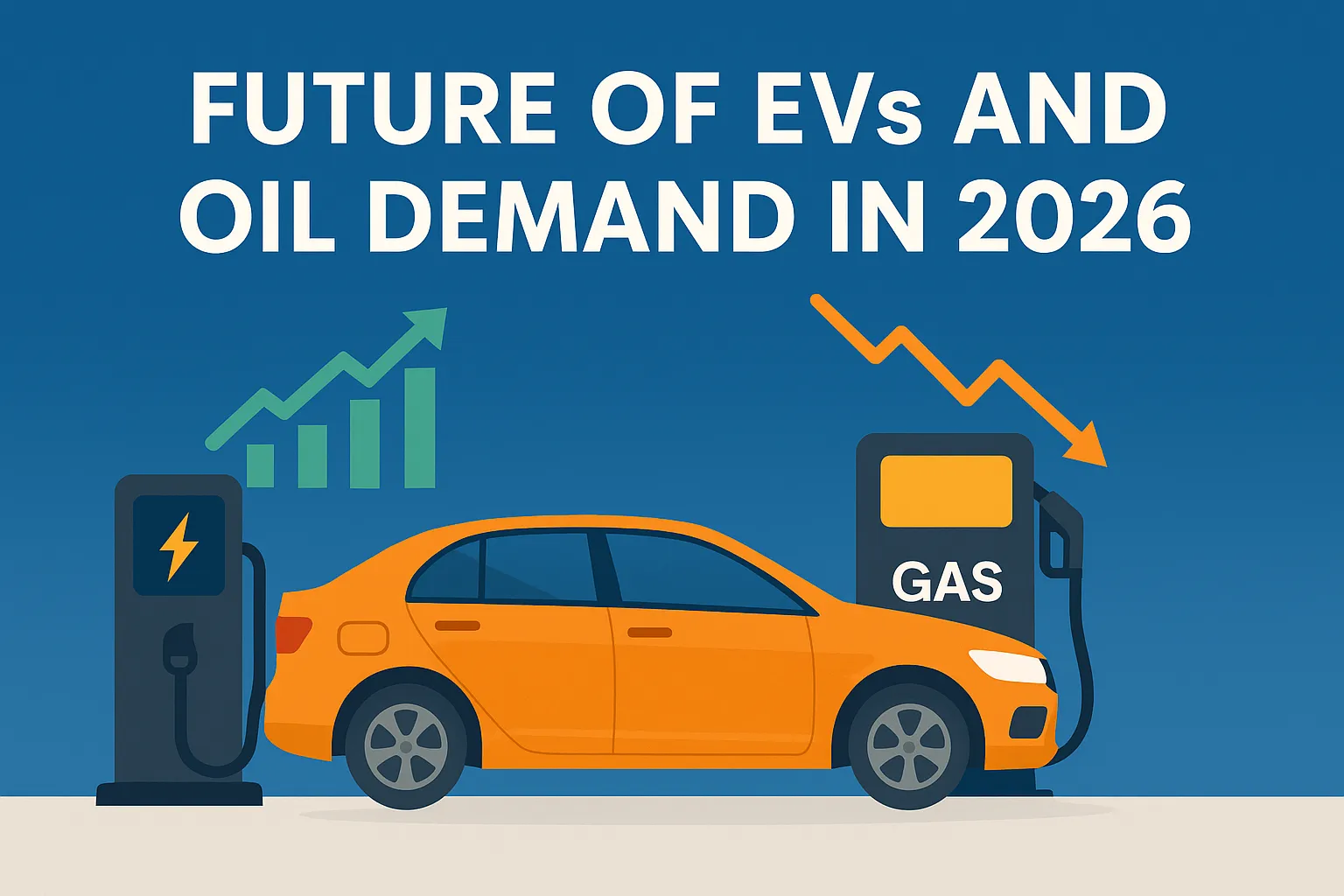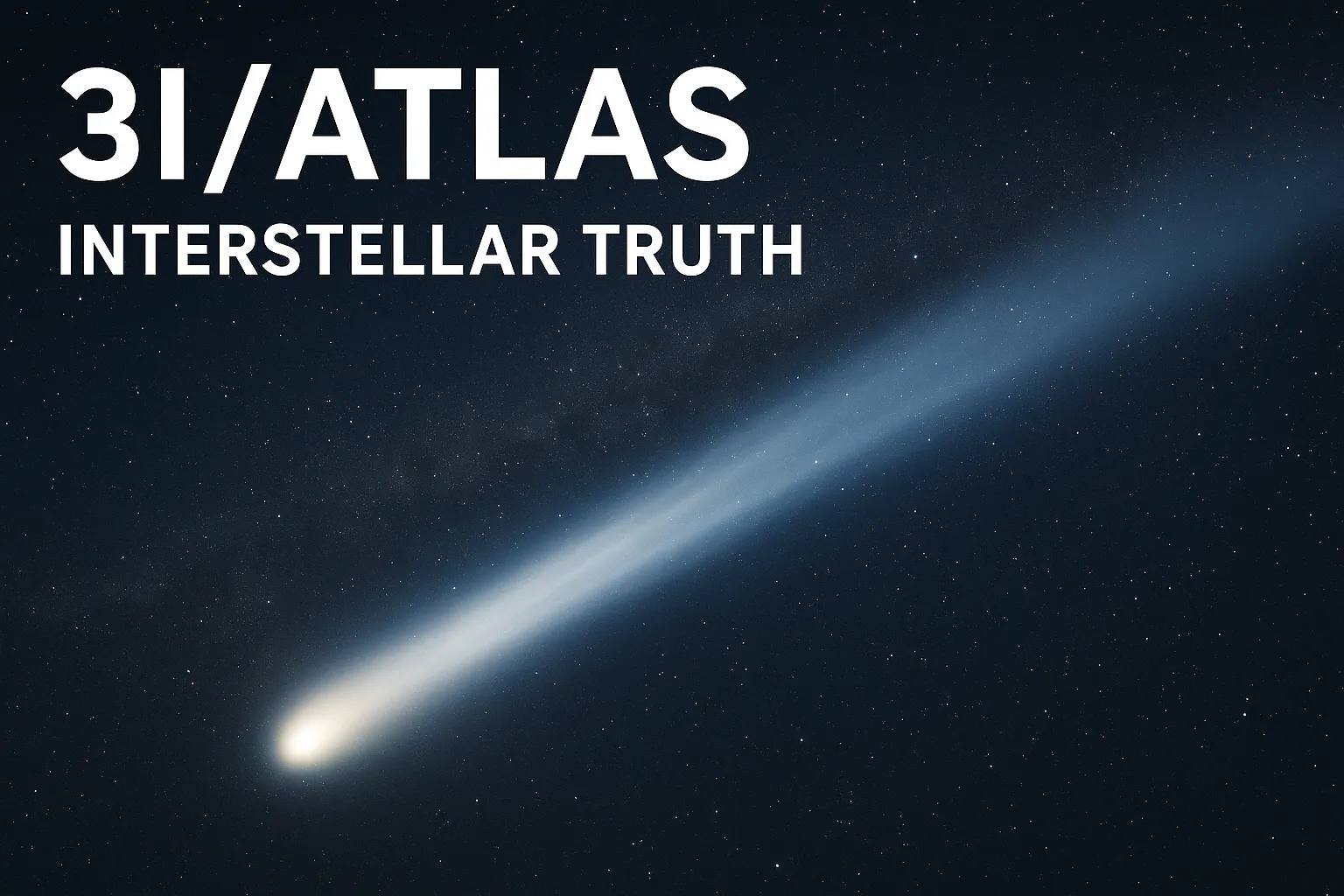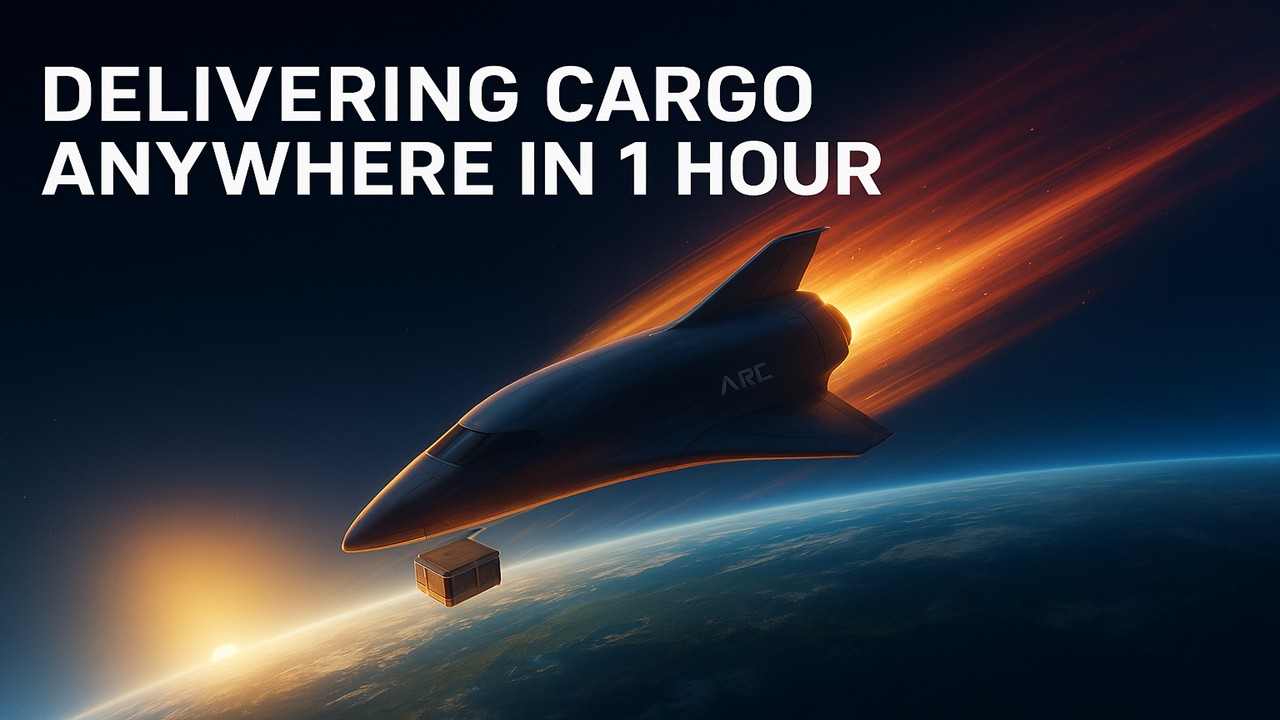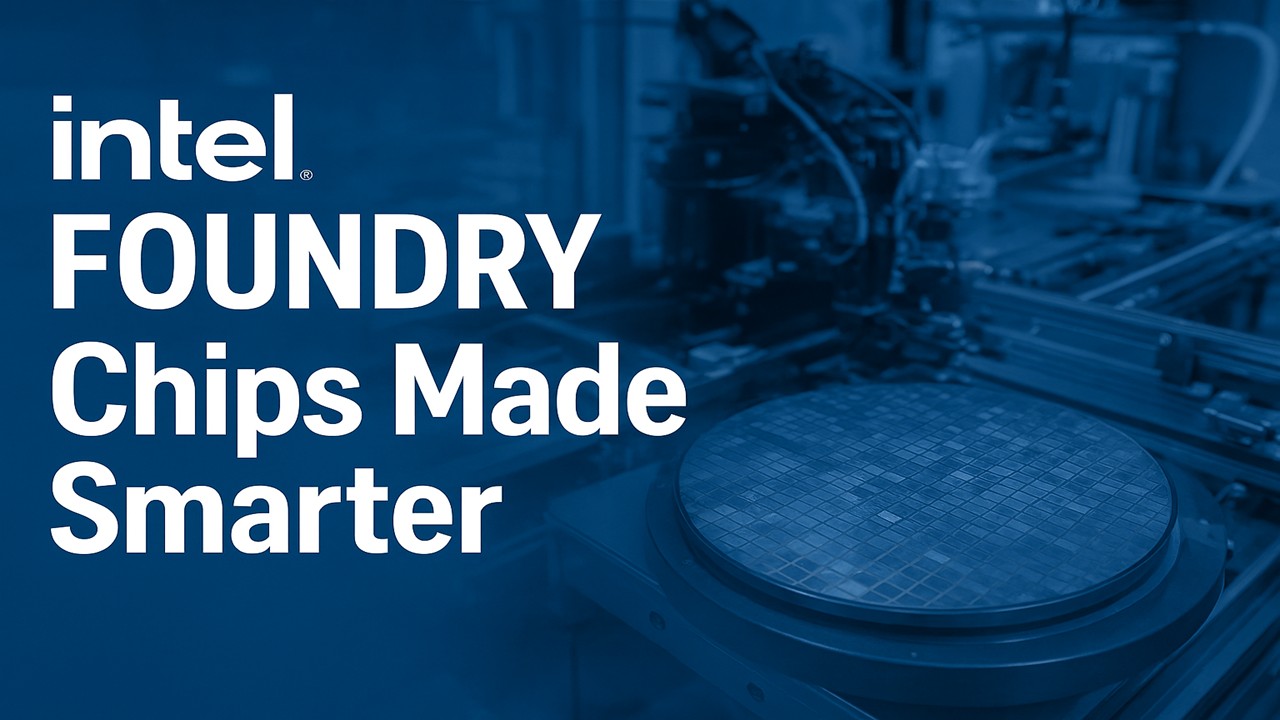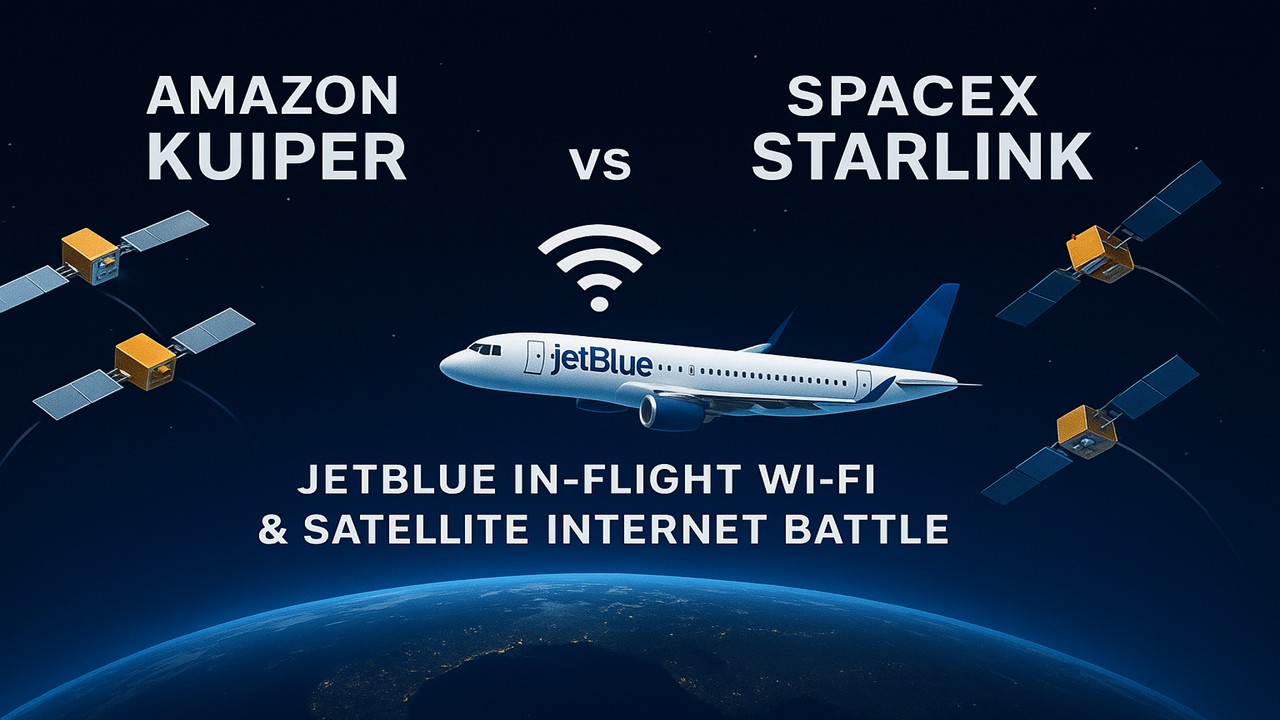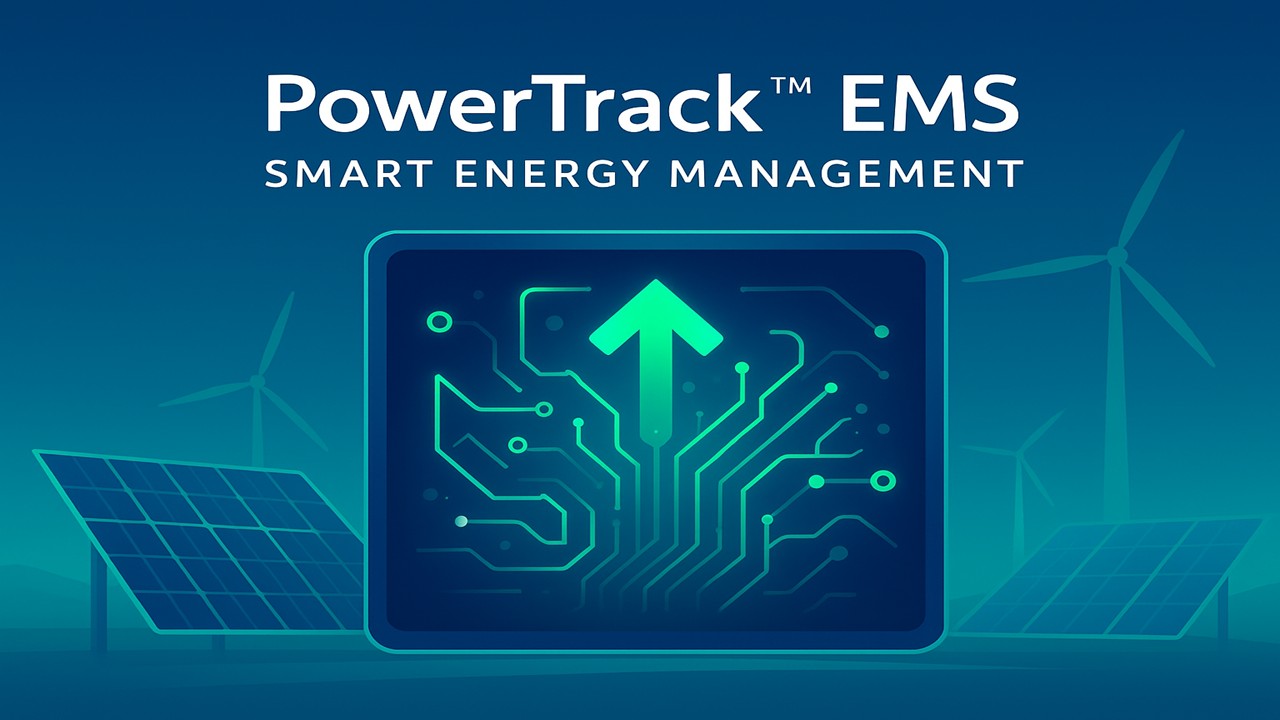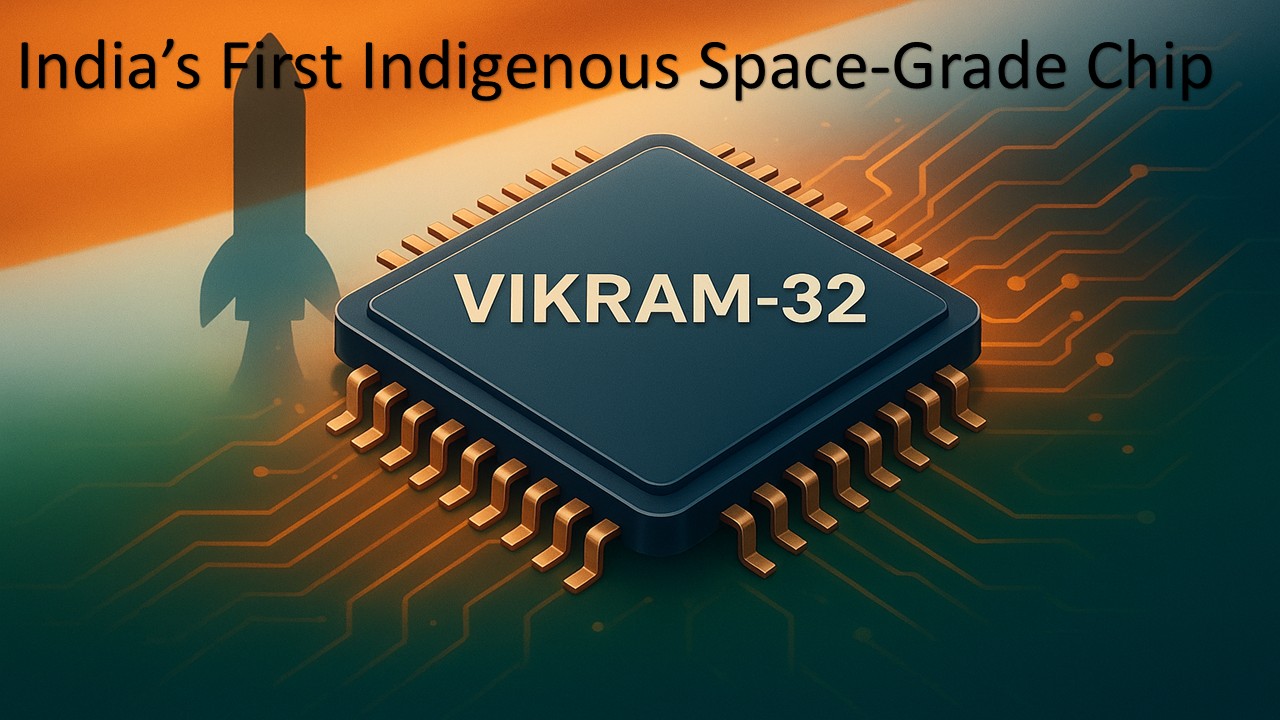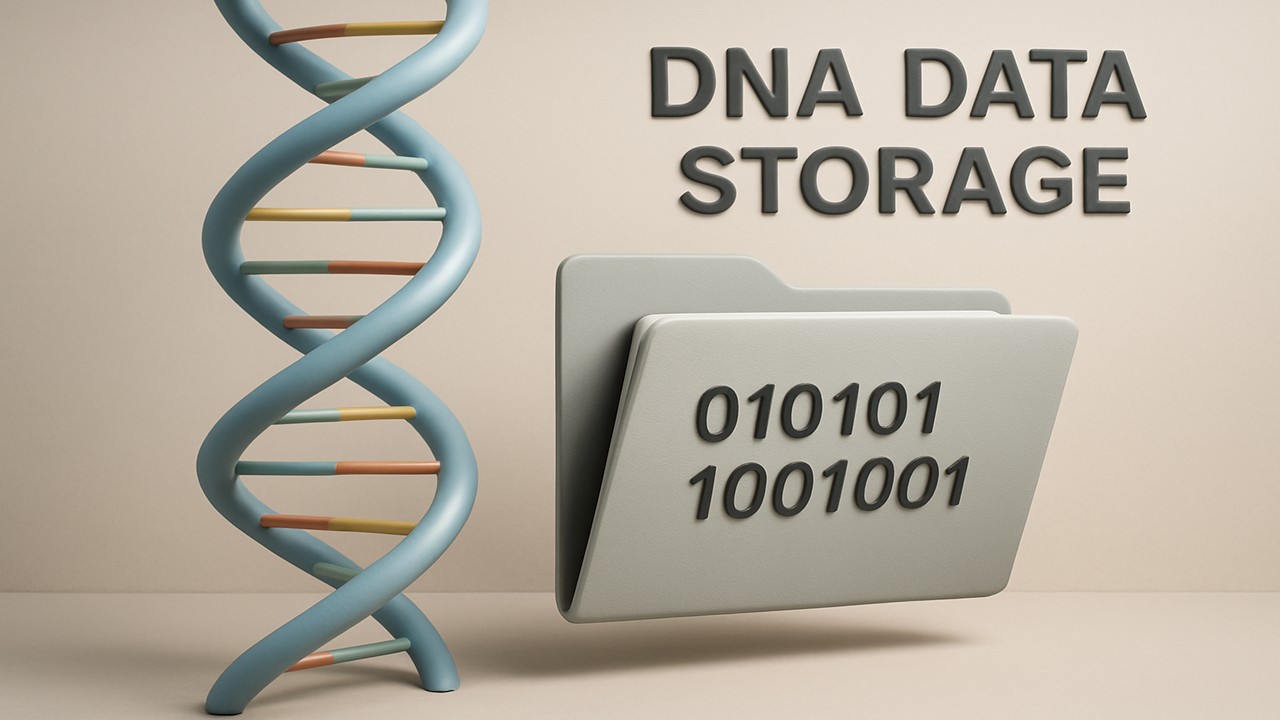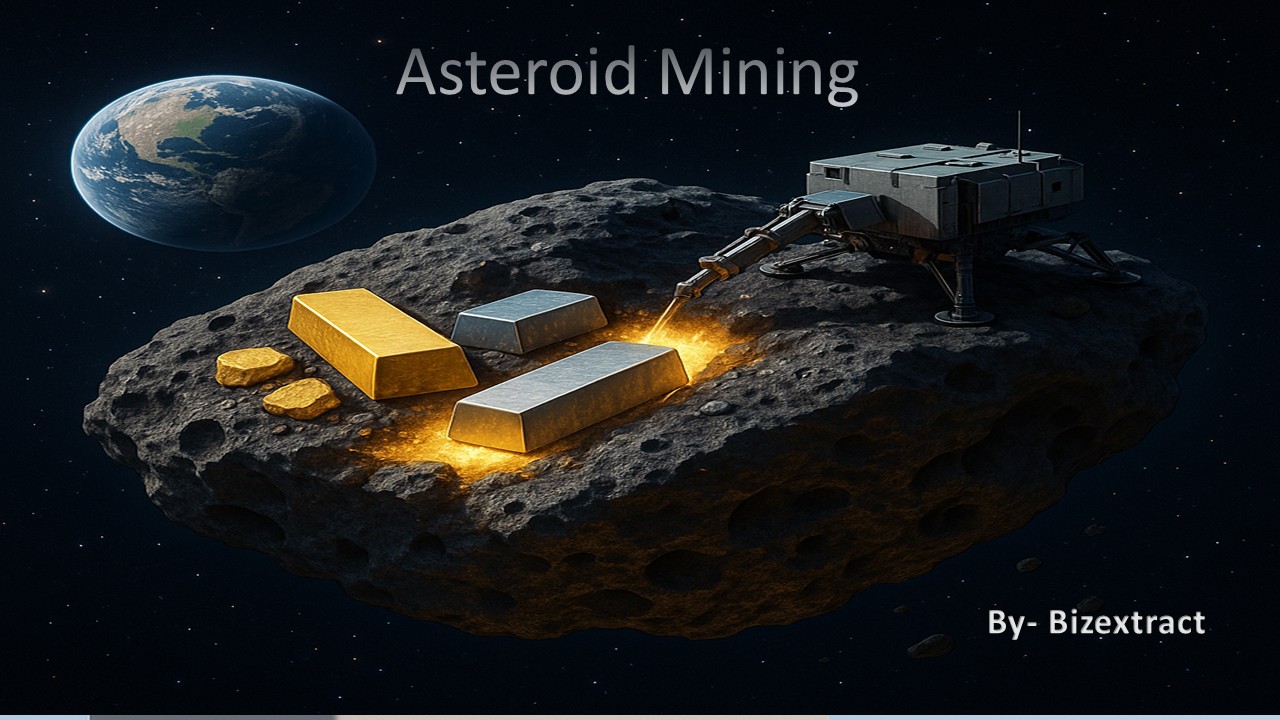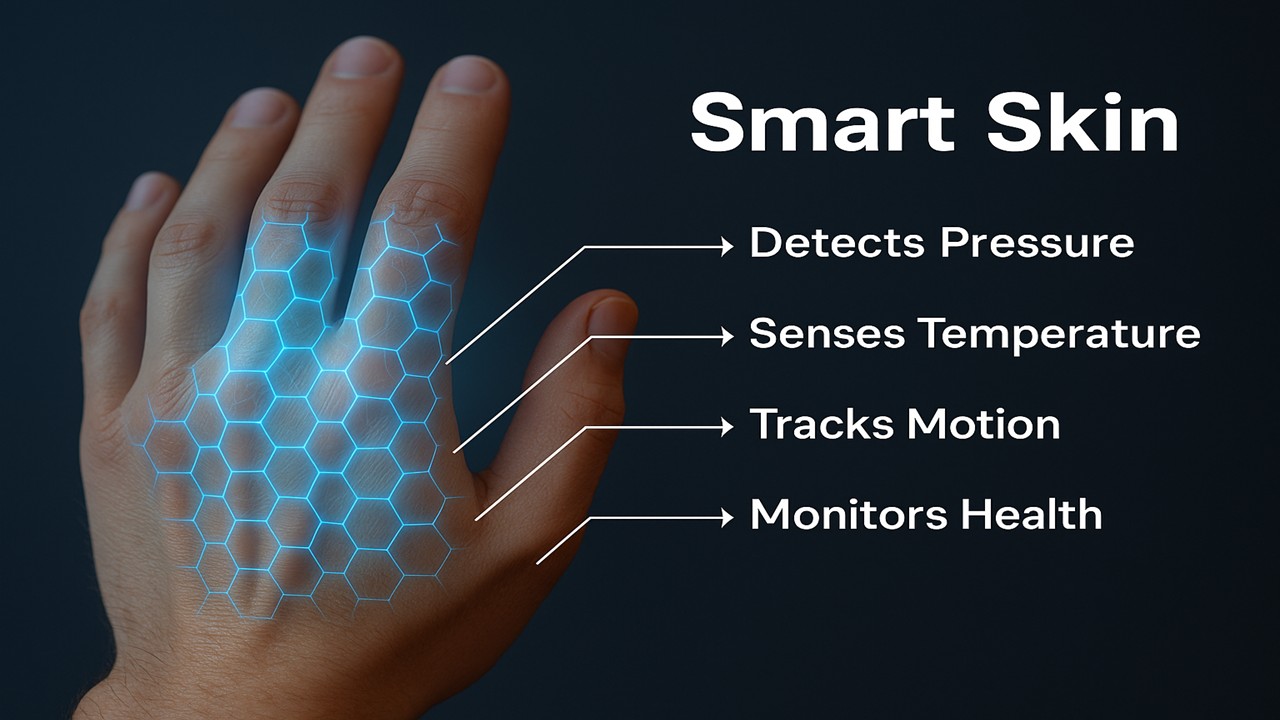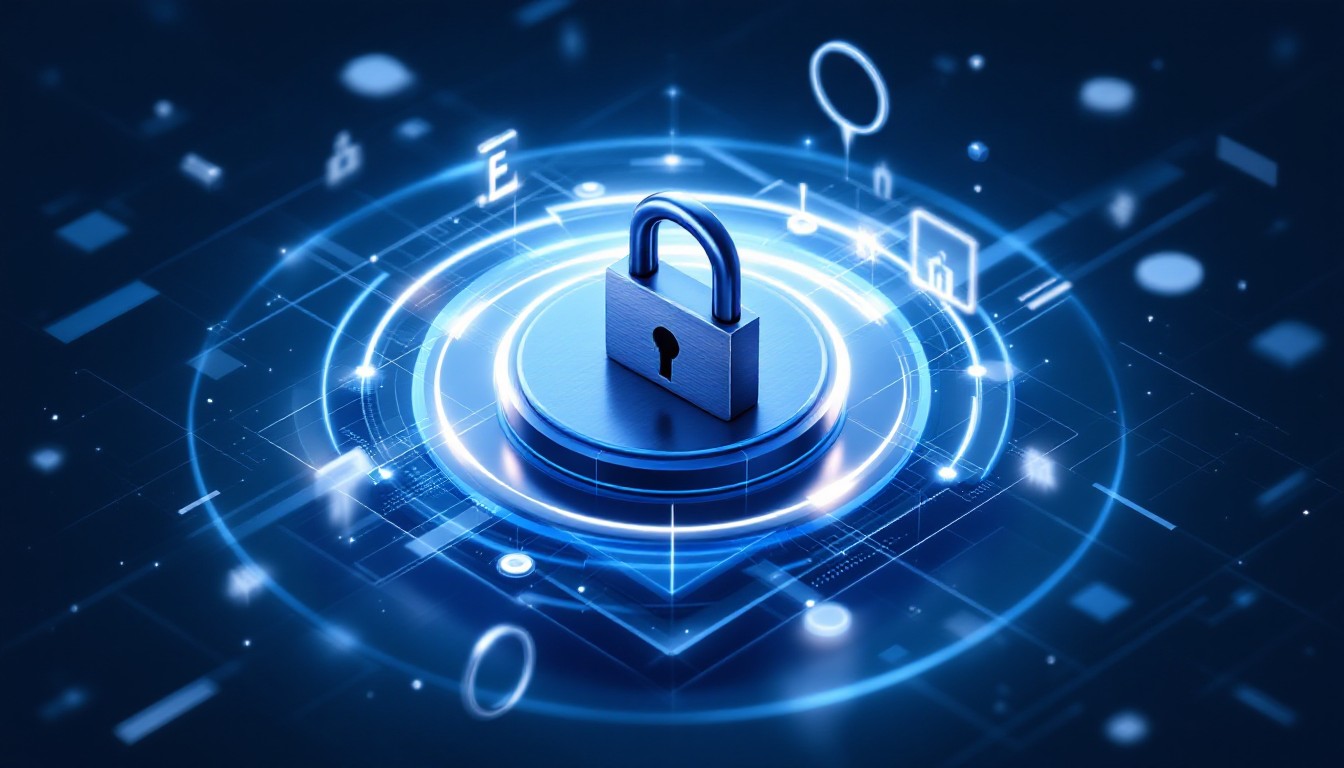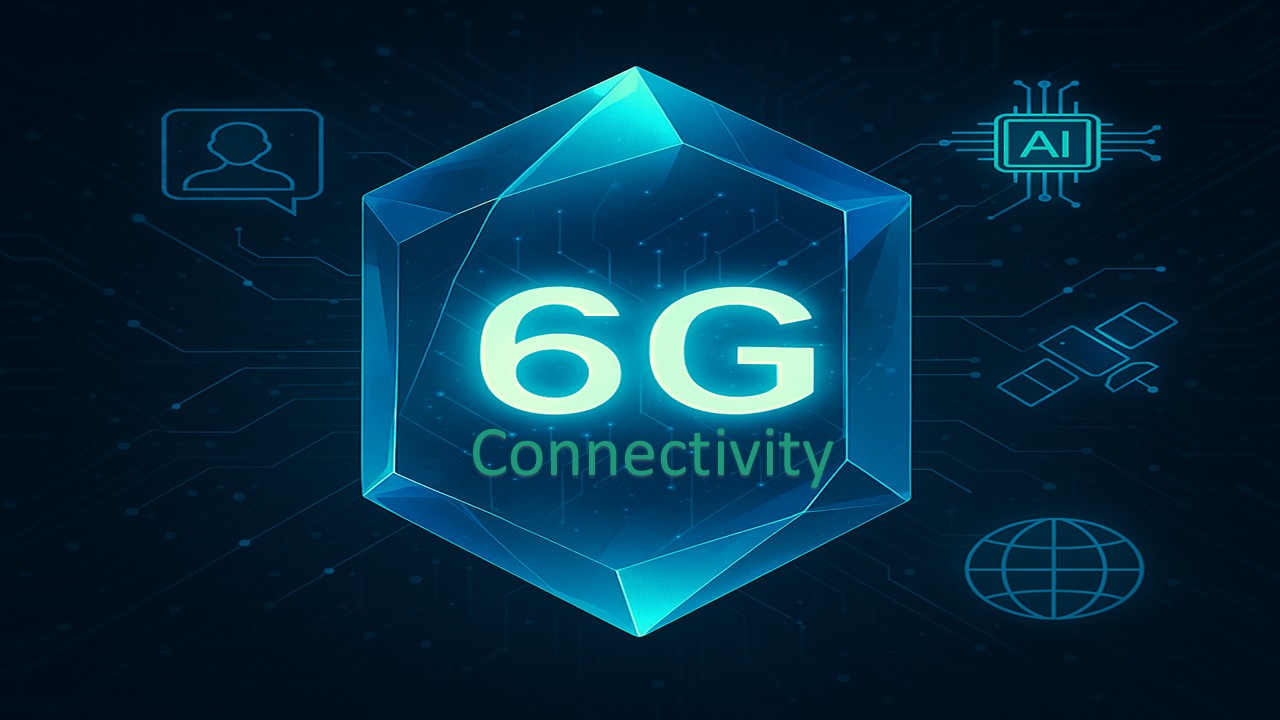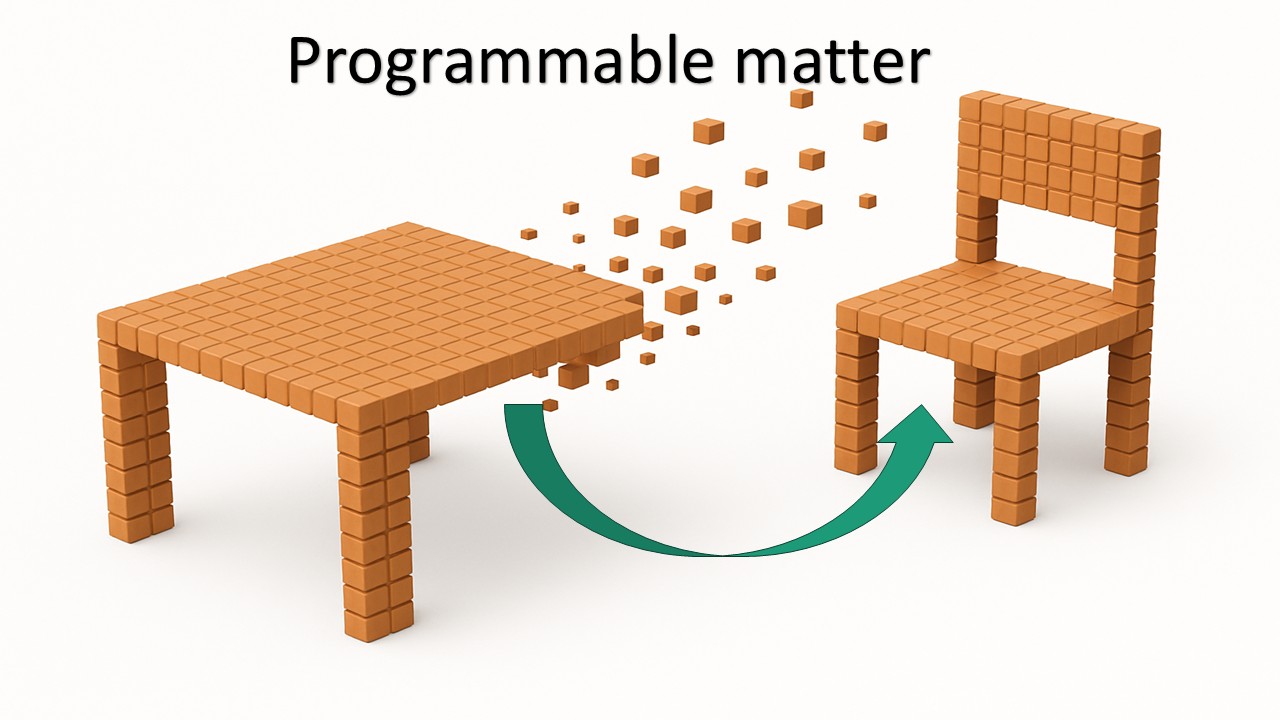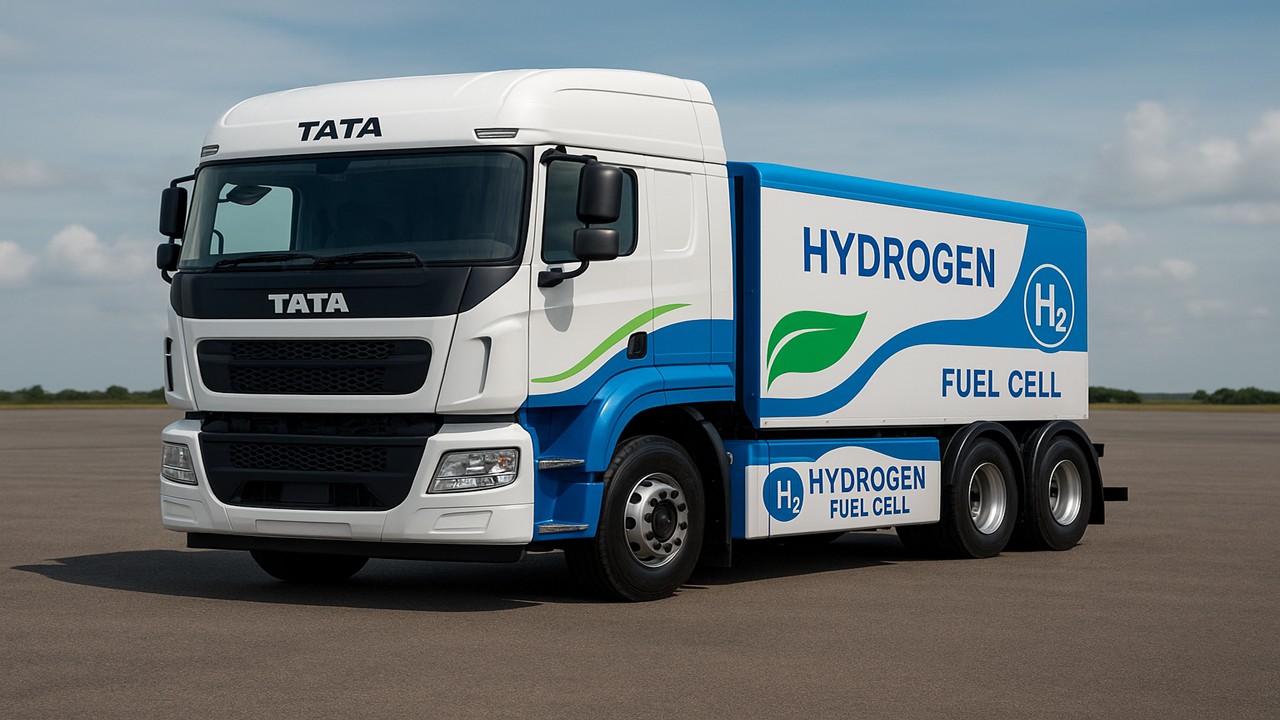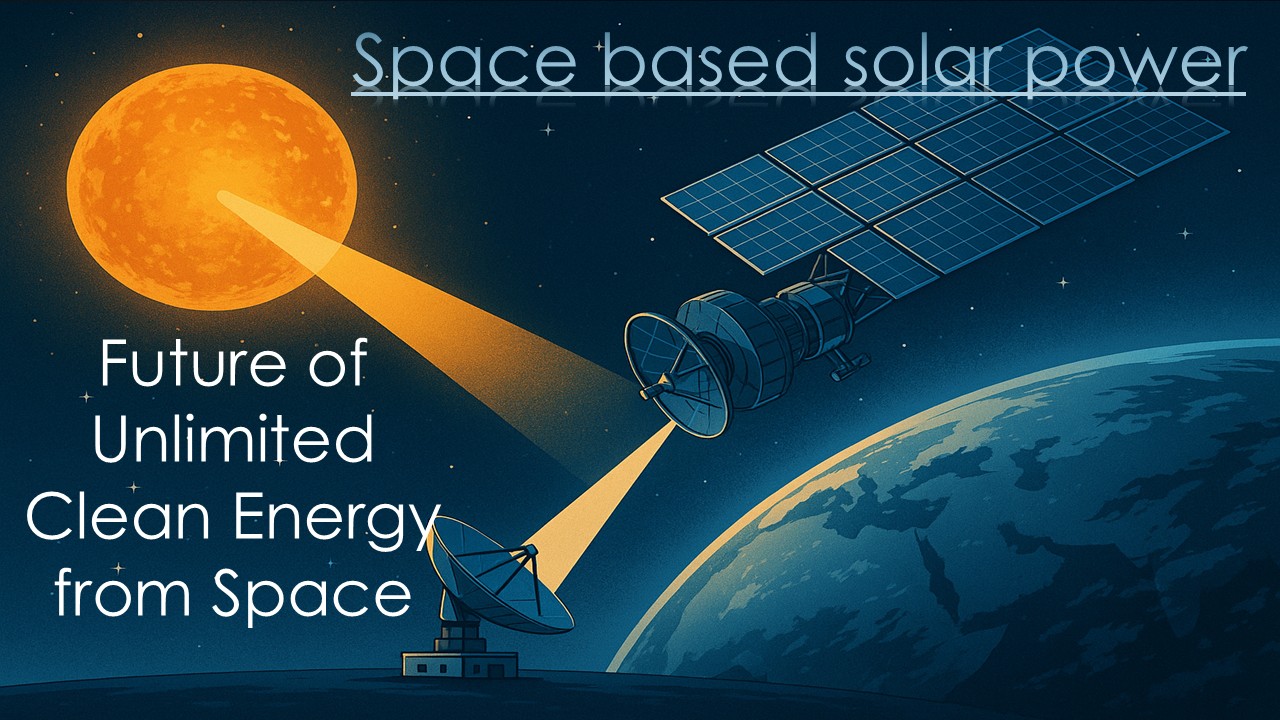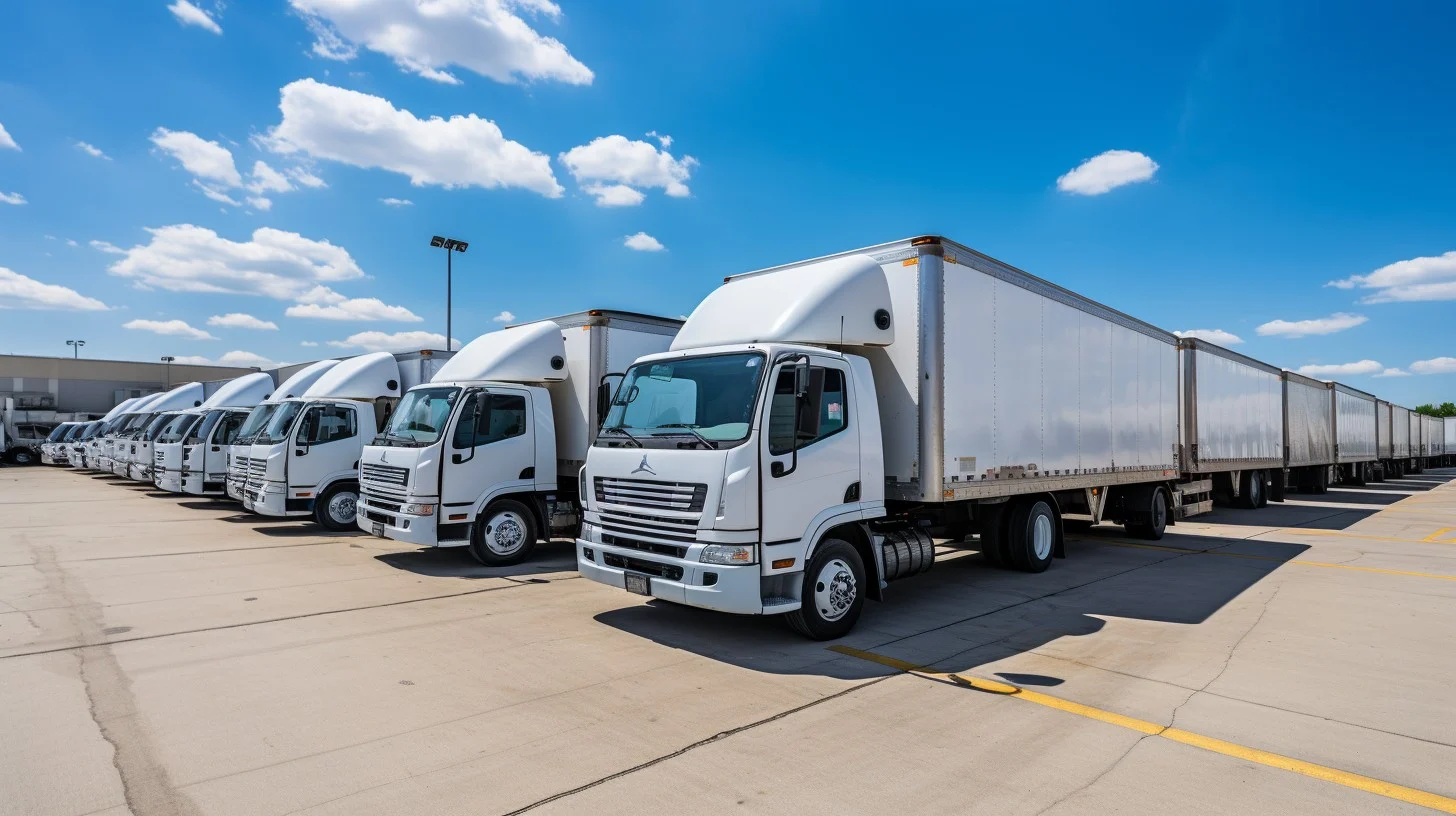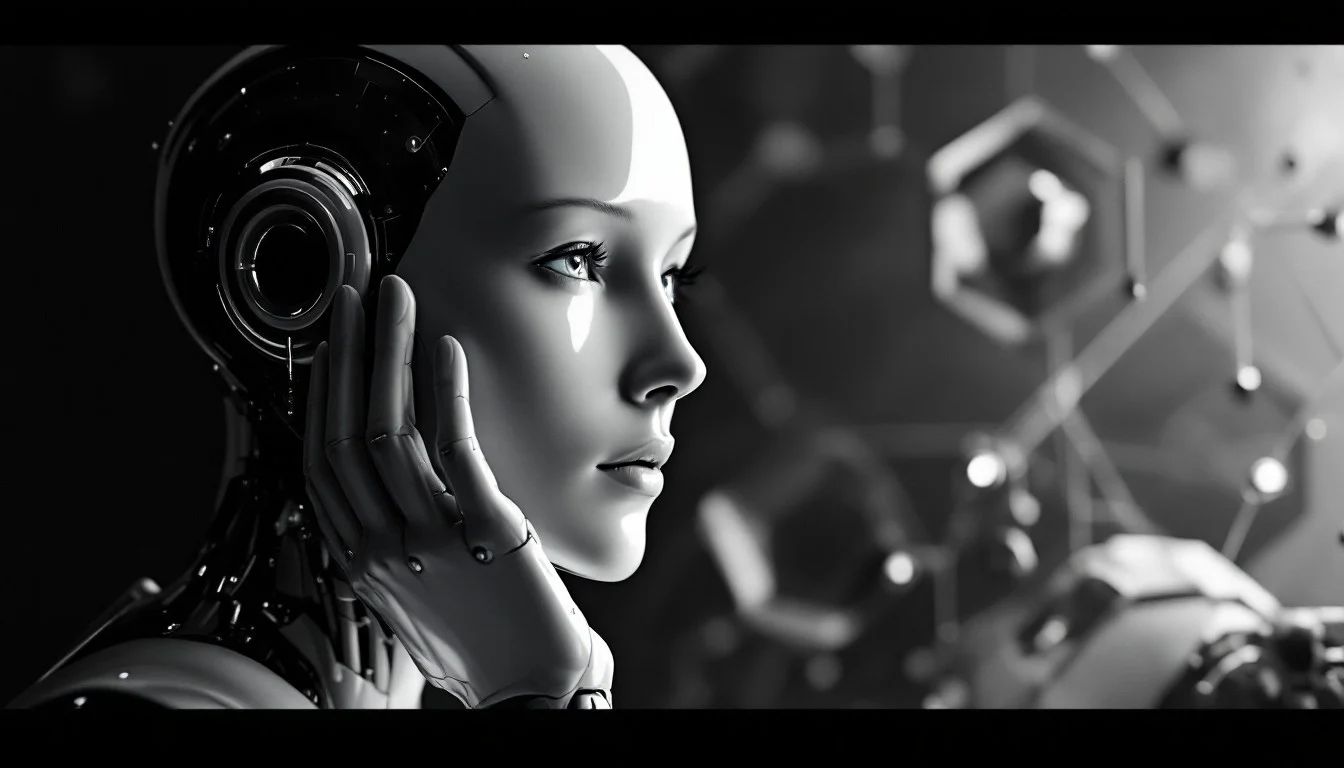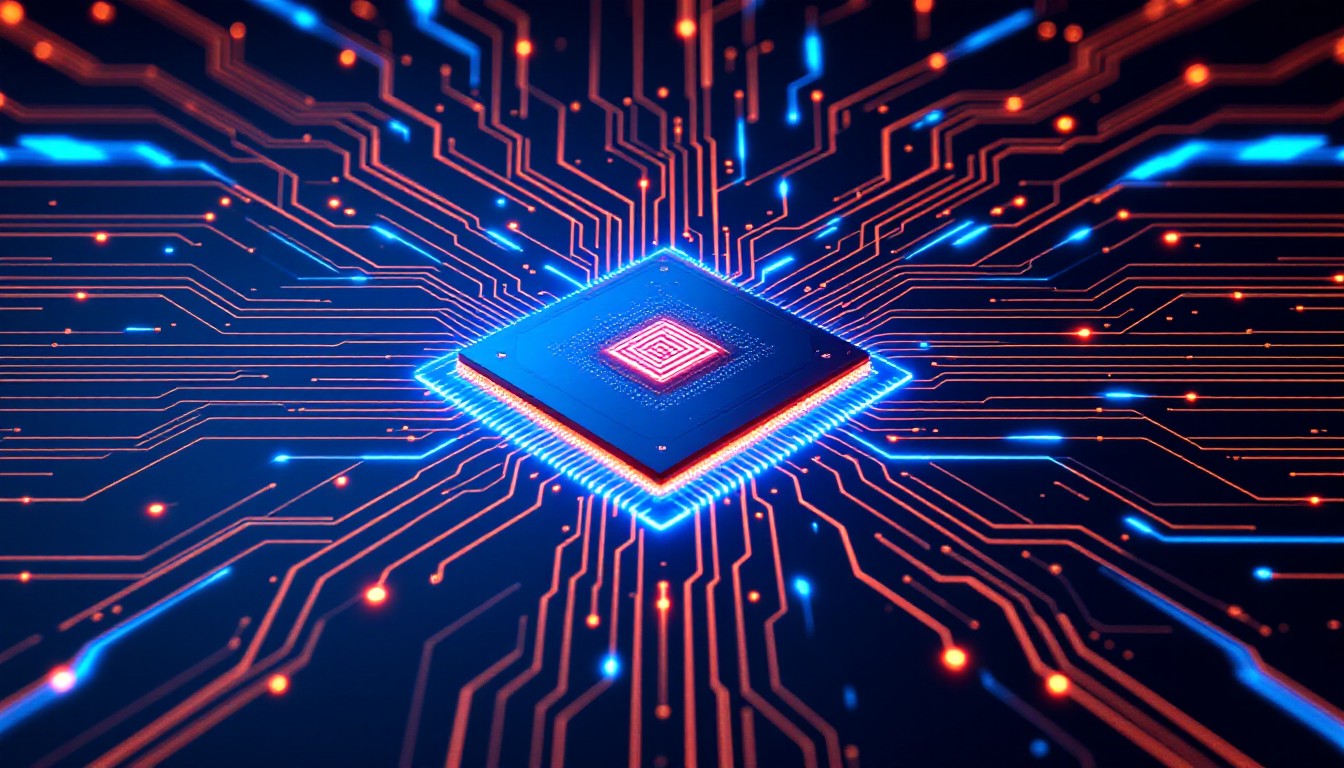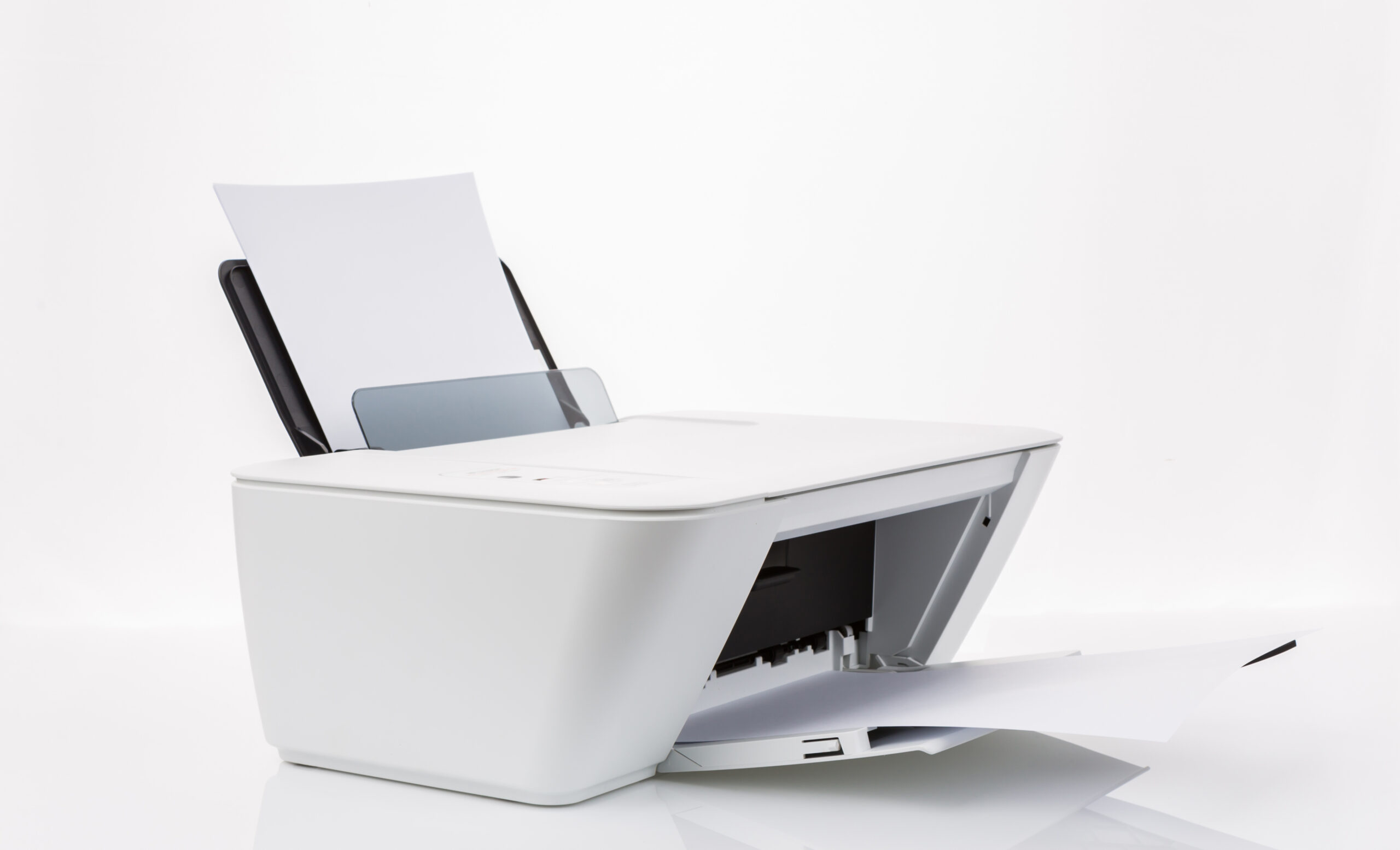
Blockchain is a technology that’s transforming how we store and share information. It’s most well-known for its role in cryptocurrencies like Bitcoin, but its applications are growing rapidly. Here’s a straightforward look at what blockchain is, how it works, and what’s happening with it today.
What is Blockchain?
Think of blockchain as a digital ledger or notebook where every transaction is recorded. Instead of being kept in one central place, this notebook is copied across many computers. This decentralized approach makes blockchain unique and secure.
How Does It Work?
- Blocks: Each entry or transaction is called a “block.” Blocks contain information about transactions, like who sent what and when.
- Chain: Each block is linked to the previous one, creating a “chain” of blocks, hence the name “blockchain.”
- Decentralized: Rather than being stored on a single server, the blockchain is shared across a network of computers. No one person or organization controls it.
- Security: New blocks are checked by many computers before being added to the chain, making it very difficult to alter or hack the data.
Why is Blockchain Important?
- Transparency: The same information is visible to everyone in the network, reducing fraud and increasing trust.
- Security: The decentralized nature and cryptographic security make it hard to tamper with the records.
- Efficiency: Blockchain can streamline processes like transferring money and tracking products by removing intermediaries.
Current Trends and Developments in Blockchain
- Increased Adoption: More industries are exploring blockchain beyond cryptocurrencies. For example, it’s being used for supply chain management, secure voting systems, and digital identity verification.
- Regulation and Compliance: Governments and regulatory bodies are beginning to address the legal and regulatory aspects of blockchain, particularly in areas like cryptocurrency transactions and data privacy.
- Sustainable Blockchain: There is a growing focus on making blockchain more eco-friendly. Many projects are working on reducing the energy consumption of blockchain networks, especially those using proof-of-work systems like Bitcoin.
- Integration with Other Technologies: Blockchain is being combined with technologies like Artificial Intelligence (AI) and the Internet of Things (IoT) to create more robust and innovative solutions. For example, AI can enhance blockchain’s security, and IoT can use blockchain for transparent supply chain tracking.
What Are Some Uses of Blockchain?
- Cryptocurrencies: Blockchain remains the backbone of digital currencies like Bitcoin and Ethereum, providing a secure and transparent way to conduct transactions.
- Supply Chain: It helps track products through every stage of the supply chain, ensuring authenticity and reducing fraud.
- Smart Contracts: These are self-executing contracts with terms written into code. They automatically enforce agreements when conditions are met.
- Voting Systems: Blockchain technology is being tested for use in secure, transparent voting systems that can help ensure fair elections.
Blockchain is a powerful and evolving technology that offers transparency, security, and efficiency. As it continues to grow and adapt, it’s making a significant impact across various industries. Understanding blockchain helps you see how this technology is shaping the future of transactions and processes.
